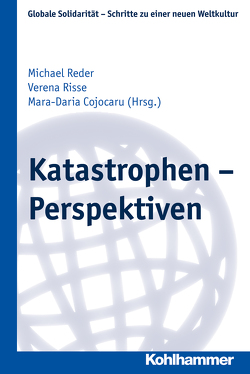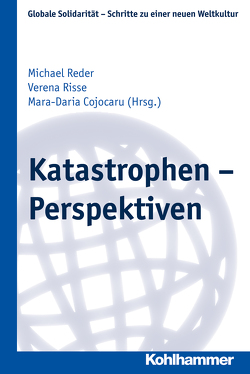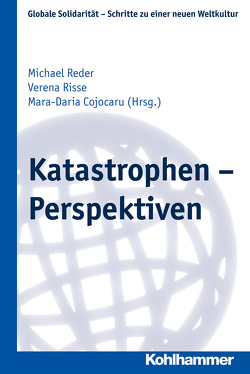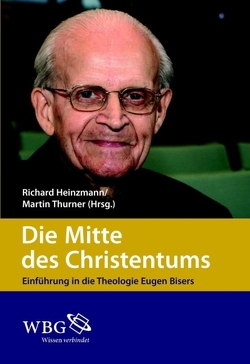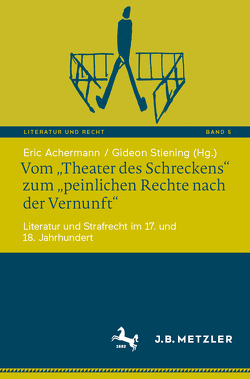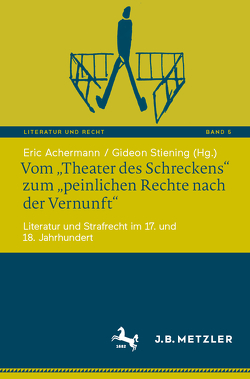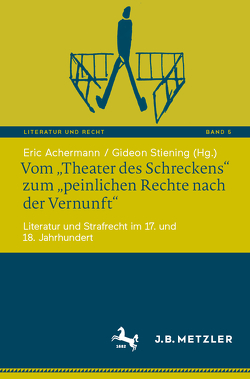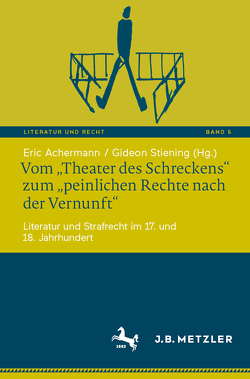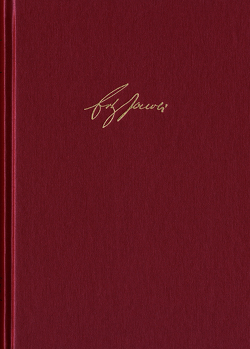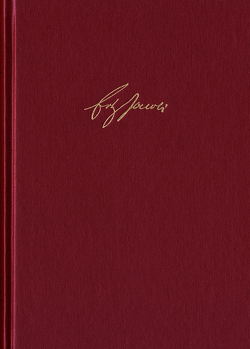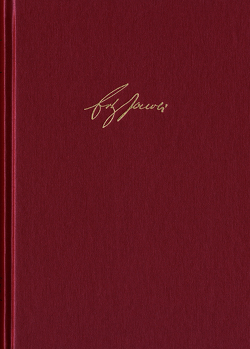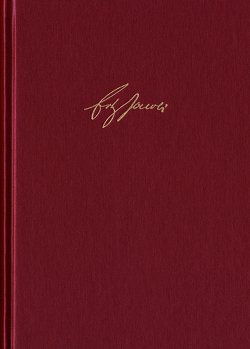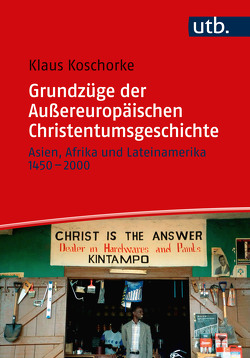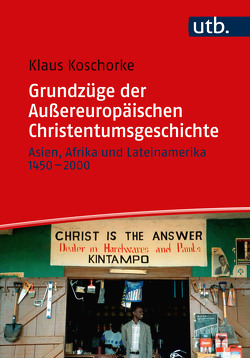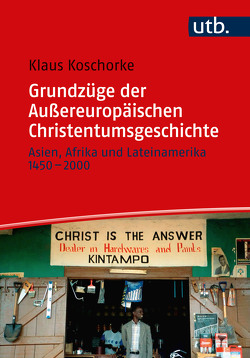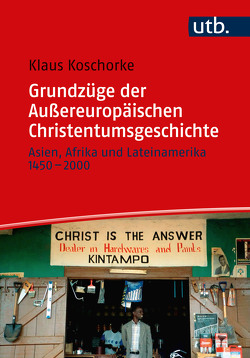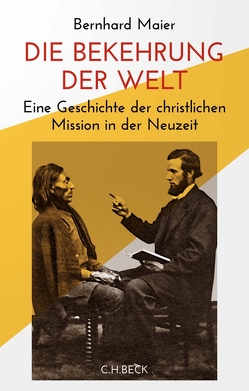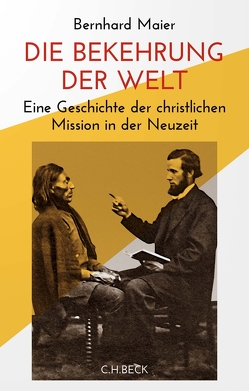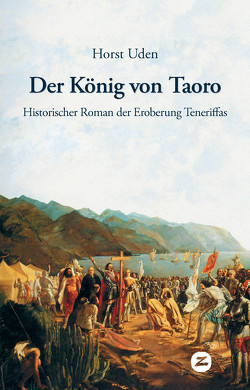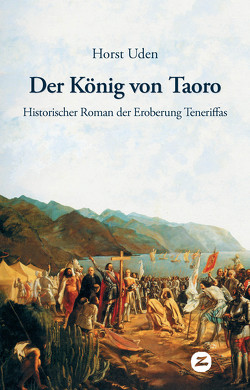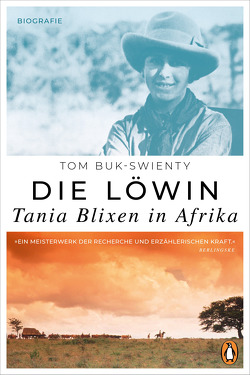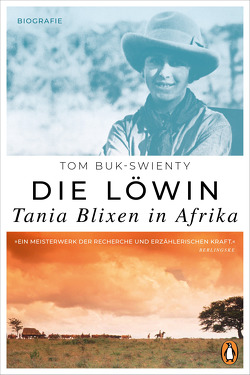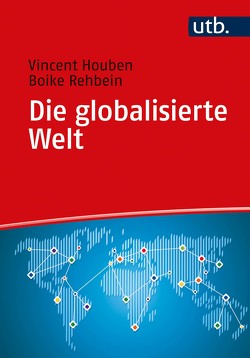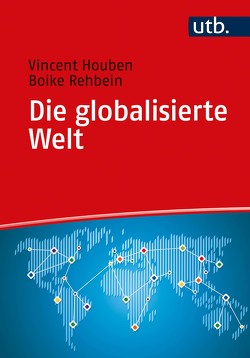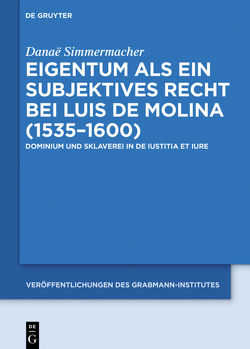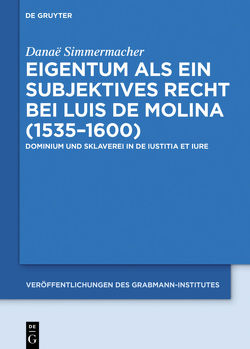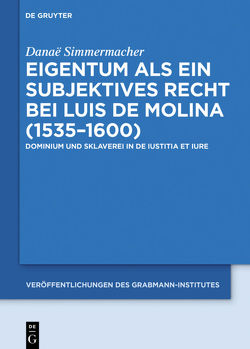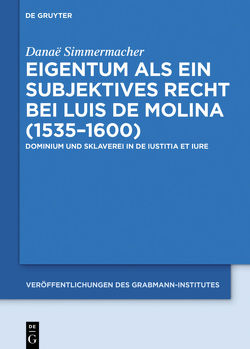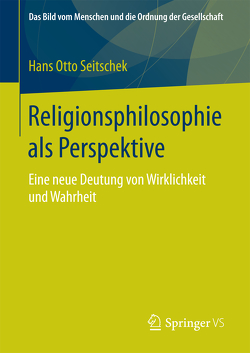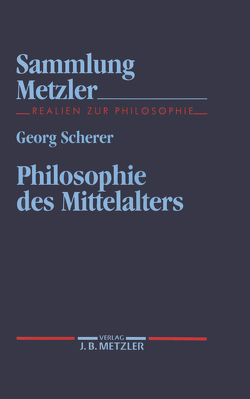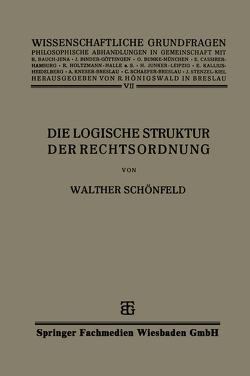Francisco de Vitorias ›De Indis‹ in interdisziplinärer Perspektive. Interdisciplinary Views on Francisco de Vitoria’s ›De Indis‹
Norbert Brieskorn, Gideon Stiening
Francisco de Vitorias Vorlesung ›De Indis‹, gehalten 1539 in Salamanca, wirkte bestimmend auf die Kolonialgeschichte, die Theologie der Entdeckungszeit und die Rechts- und Staatsphilosophie ein. Die Vorlesung gilt als einer der Gründertexte des modernen Völkerrechts sowie als eine der ersten Auseinandersetzungen der frühneuzeitlichen Wissenschaften mit der Conquista. Der Band stellt die Relectio in den Kontext der Reiseliteratur, der Tauftheologie und der politischen Geschichte. Zudem wird ›De Indis‹ mit der Philosophie des Thomas von Aquin korreliert und es wird grundlegend geprüft, ob es sich bei Vitorias Argumentation um politische Theologie oder politische Philosophie handelt. Schließlich kommen zeitgenössische Kritiker zur Sprache, wie Luis de Molina und Bartolomé de Las Casas. – Mit (deutschsprachigen) Beiträgen u.a. von Oliver Bach, Frank Grunert, Ofelia Huamanchumo de la Cuba, Merio Scattola, Martin Schmeisser, Anselm Spindler und Andreas Wagner.
The lecture ›De Indis‹ Francisco de Vitoria held in 1539 in Salamanca had an enormous impact on colonial history. It also influenced the concepts of theology during the discovery of the New World as well as both legal and political philosophy. The lecture is regarded as one of the first treatises of the Conquista among early modern thinkers. This volume places the Relectio into the context of travel literature, theology of baptism and political history. Furthermore, ›De Indis‹ is correlated with the philosophy of Thomas Aquinas. The authors also examine whether Vitorias arguments should be considered as political theology or political philosophy. Finally, the volume provides insight into objections bycontemporary critics’, e.g. those of Luis de Molina and Bartolomé de Las Casas. – With articles (in German) by Oliver Bach, Frank Grunert, Ofelia Huamanchumo de la Cuba, Merio Scattola, Martin Schmeisser, Anselm Spindler, Andreas Wagner et. al.

